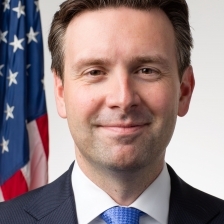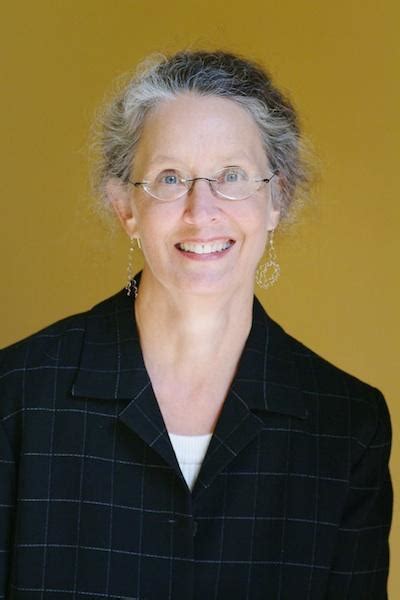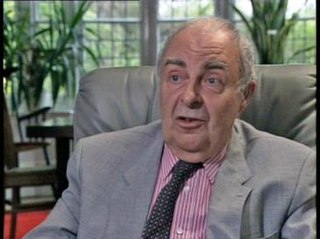A Quote by Josh Earnest
If it gets to a situation where it turns into a debate, look, the person that I'm debating is the person that is writing the story or presenting the broadcast. They're not going to write the story in such a way that shows they lost.
Related Quotes
I always knew from the beginning that this was the only way to write Then We Came To The End - that it had to be in first - person plural if it was going to illustrate how the individual becomes part of the collective. I had no interest in writing the book in a more conventional voice. It goes back to that fascination I had with telling a story in multiple ways. It was the only choice I gave myself, really - I said "This is it, pal. If you can't tell a story this way, you're going to have to abandon the book. Write it this way or give up."
The Danger of a Single Story”, which has resonated with me immensely every time I read it. “Power is the ability not just to tell the story of another person, but to make it the definitive story of that person. The Palestinian poet Mourid Barghouti writes that if you want to dispossess a people, the simplest way to do it is to tell their story, and to start with, “secondly.
So here I am, sending a two-ounce mouse down into a dungeon with a sewing needle to save a human princess, and I don't know how in the world he's going to do it. I have no idea. That was the first time it occurred to me that writing the story was roughly equivalent to Despereaux's descent into the dungeon. I was tremendously aware of that as I was writing. I thought, "I have to be brave or else I'm not going to be able to tell it." But it's the only way that I can write. If I know what's going to happen, I'm not interested in telling the story.
Love is a story we tell with another person. It's cocreation through conarration. When you hit bumps in the road and challenges, you write a new chapter in your story together. Love is the constant act of revising and retelling your own story in real time. You don't do it by yourself. You do it with someone else. The only way you do that is to talk to each other and create a shared narrative.
Knowing that a story needs to be told is a great motivator, even if telling a given story comes at a price. Writing Hunger has been the most difficult writing of my life, and it's the rawest and perhaps most necessary. We'll see how people take it. I always strive to write beyond personal catharsis because though I write first and foremost for myself, I do recognize that I need to look outward as much if not more than I look inward, so the reader has something with which they can engage.


































